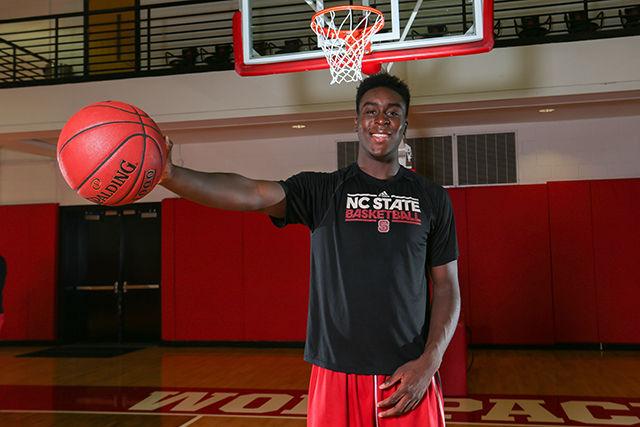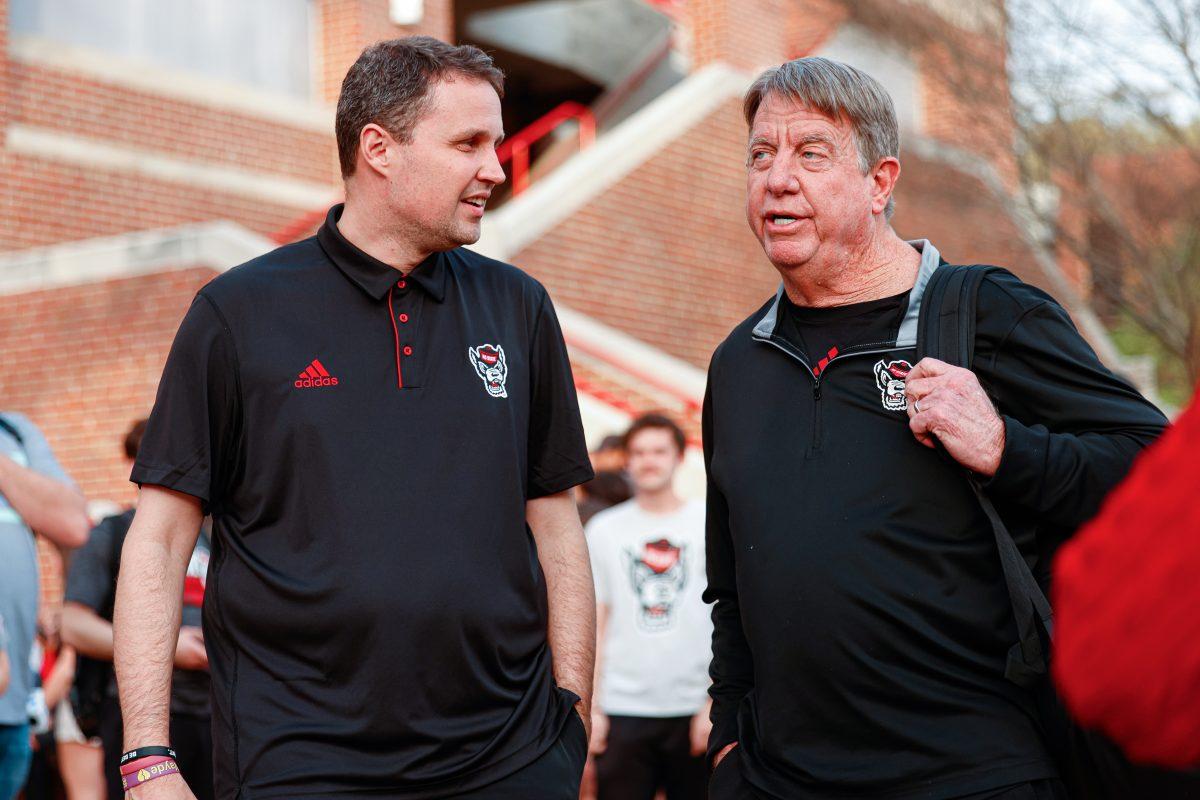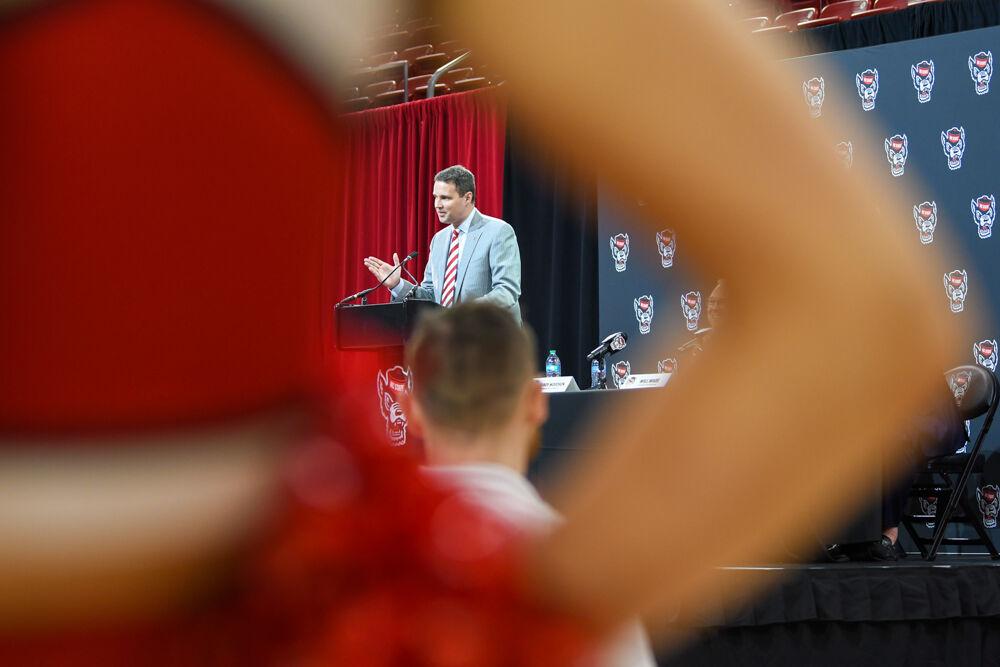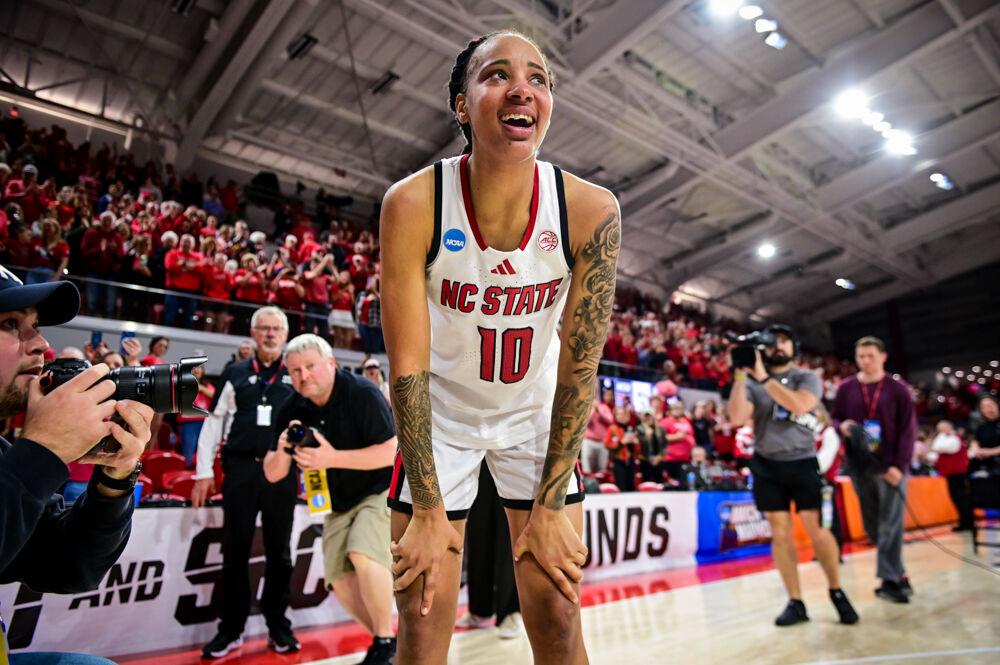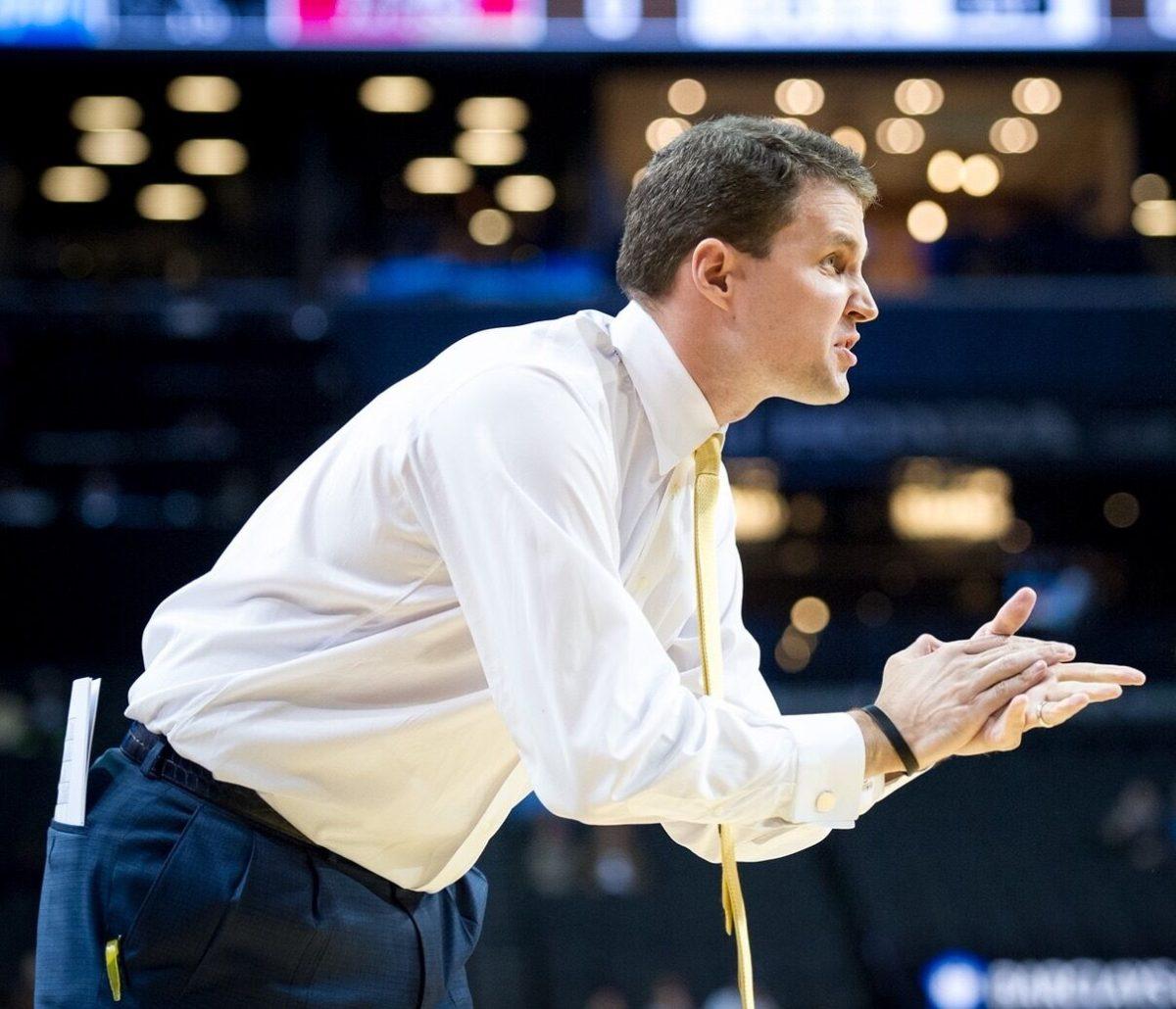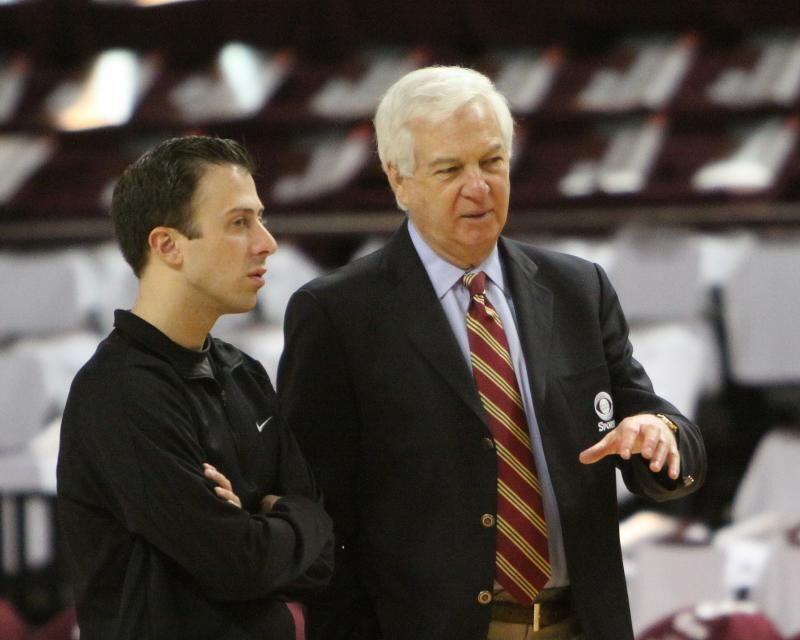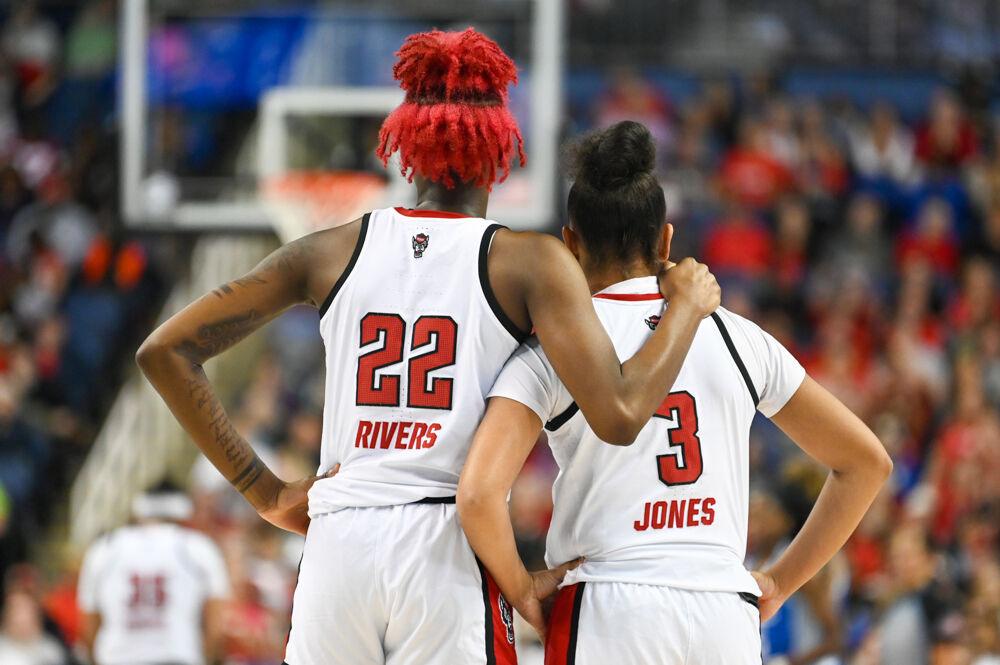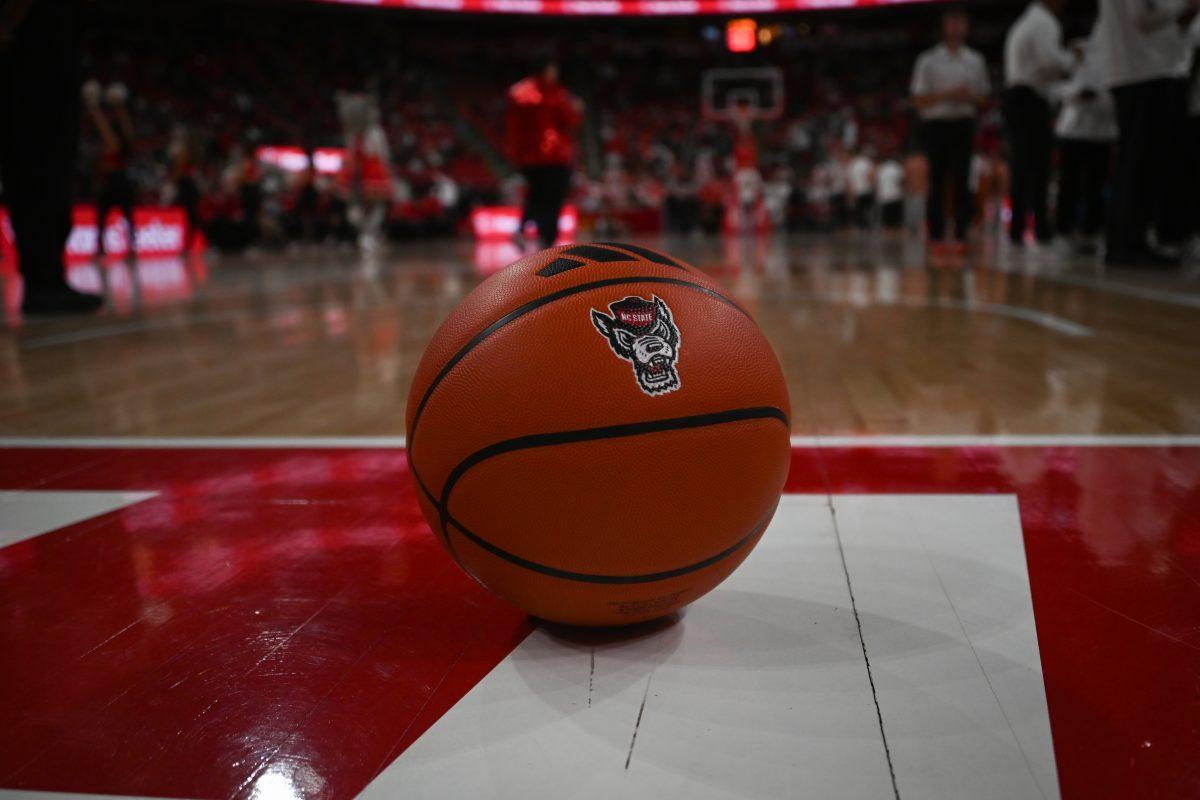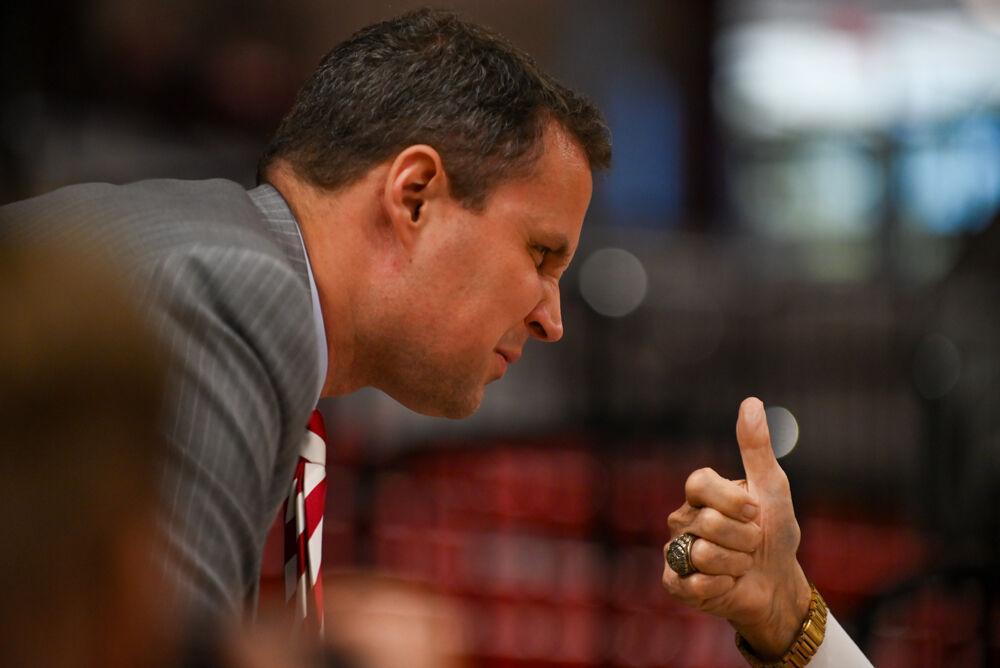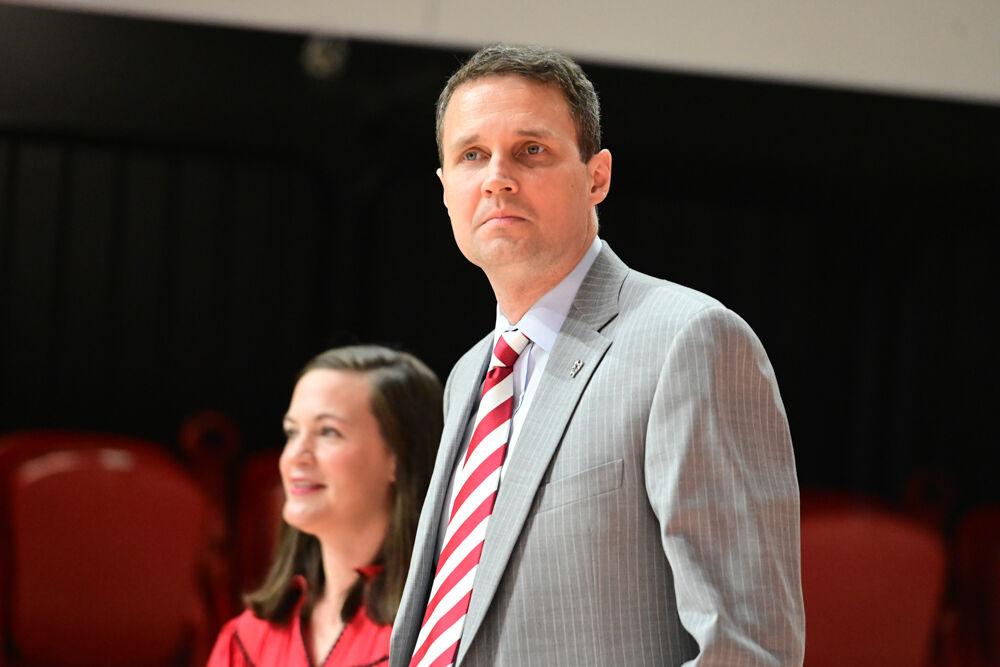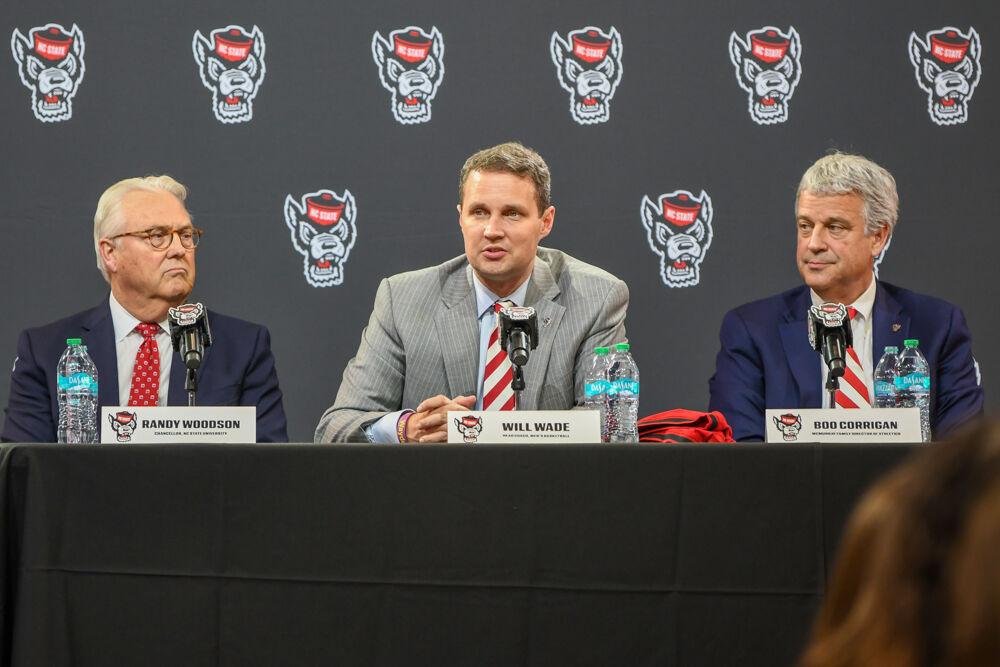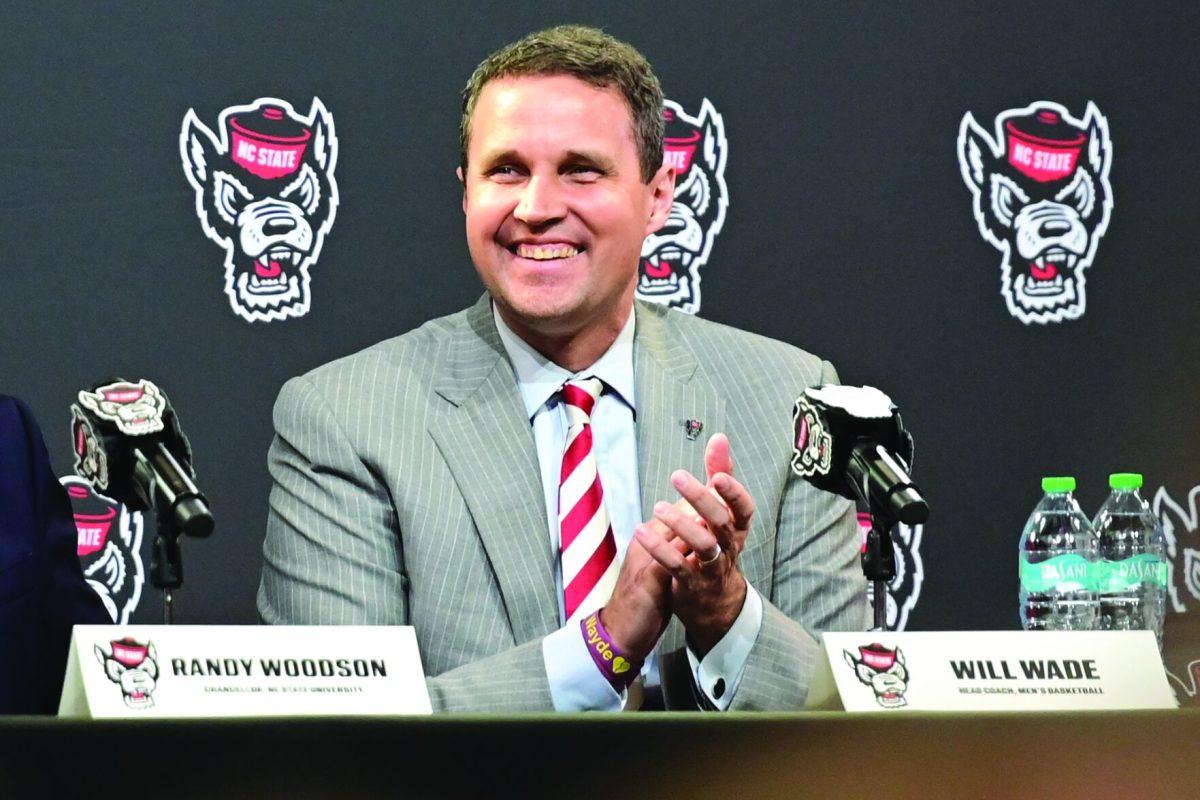It’s 3 a.m. on a warm summer night in early July. Birds are chirping, and a single car is passing through an all-but-deserted intersection. The sun has not even begun to rise, and Abdul-Malik Abu is beginning his day.
It’s the month of Ramadan, a time during which followers of Islam fast from sunrise to sunset and make a more conscious effort to restrain from other acts that go against the teachings of their religion.
As a devout Muslim, Abu has been participating in these fasts since he was a small child. He said it was his parents who instilled his faith within him, which has in turn made him the man he is today.
“They taught me from a young age the basic morals and values that any parent should,” Abu said. “They taught me to always do the right thing, no matter what. Growing up with my religious upbringing made me who I am today, with the discipline and things like that.”
Now Abu is a starting forward on the NC State men’s basketball team, and with the team’s summer workouts in full swing, the sophomore has had to learn to balance the practices of his faith and his practice on the court.
Although workouts for the Wolfpack generally start well after sunrise, Abu must wake up in the early hours of the morning to make sure he is properly hydrated and “able to play at a high level” during the day’s practice.
By the time sunset rolls around, Abu will have gone upwards of 15 hours without food or water. However, the forward said refueling at night is not as simple as one may think.
“Your stomach shrinks when you’re not eating for so long,” Abu said. “You get to the point where you want to eat, but you get full so fast. I could eat a banana and be full, so you have to pace yourself and gradually eat.”
As difficult as it is to maintain his work ethic during Ramadan, the sophomore has had help along the way. Abu’s older brother, Damola, played at Franklin Pierce College in Massachusetts. Abu said his brother has acted as a mentor during his athletic career.
“[He taught me] to always pace myself and stay healthy out on the court,” Abu said.
Abu has certainly followed his brother’s advice and produced for the Wolfpack last season, making an appearance in every game of his freshman season and starting in 22, more than any other big man on the roster.
NC State certainly benefited from the forward’s play on the court, and Abu has enjoyed the benefits of living in Raleigh in the offseason.
When deciding on a college during his senior year of high school, Abu said he would like to attend a school with a large community of Muslim students.
“It’s not something I’m going to seek out, but if there’s one present, and the coach uses that as his pitch, it’s definitely going to help,” he said in a 2013 interview with NBC Sports.
Fortunately, NC State has its own Muslim Student Association and the Islamic Association of Raleigh mosque less than five minutes from campus.
“A big part of me coming here was the mosque in Raleigh and the big Muslim community,” Abu said. “I interact with those people almost every day. They make me feel like I’m home, and they take care of me.”
Unfortunately, Abu could not attend many MSA meetings due to his rigorous schedule as a student-athlete. However, Ali Jaffry, former president of MSA and NC State alum, said Abu was still very active with the Muslim community on campus.
“He knows a lot of Muslims in the community and hangs out with them,” Jaffry said. “During the night, he’ll go to Lifetime [Fitness] in Raleigh and play basketball with some of the other guys.”
Jaffry also said, contrary to what some may think, many Muslim athletes who are in season during Ramadan do not participate in fasting, including some of the stars during last summer’s FIFA World Cup.
“Malik Abu could not fast and make up the fast another day outside of Ramadan; that’s perfectly normal,” Jaffry said. “He’s very determined, and he sticks to his roots. It’s great to see players like himself are willing to continue to fast.”
Abu said he has gotten plenty of attention for his resilience during Ramadan. However, he said it was simply a common part of his religion.
“It’s just a process, the whole fasting thing,” Abu said. “A lot of people reach out to me. I’m on a bigger stage, so I get more credit for it, but there are a lot of people who go through it too.”
Because he is on a large stage, with his team fresh off a highly publicized Sweet 16 run, Abu said it is important for him to act in a manner that represents Islam well.
“It’s crucial for me to be in the spotlight and to represent my religion the best that I can, especially with things in the media that cause people to see my religion in a different light,” Abu said. “It’s hard to represent a whole religion because I’m not perfect myself, but if I can be the best person I can be, then I can show Islam in the best light.”


